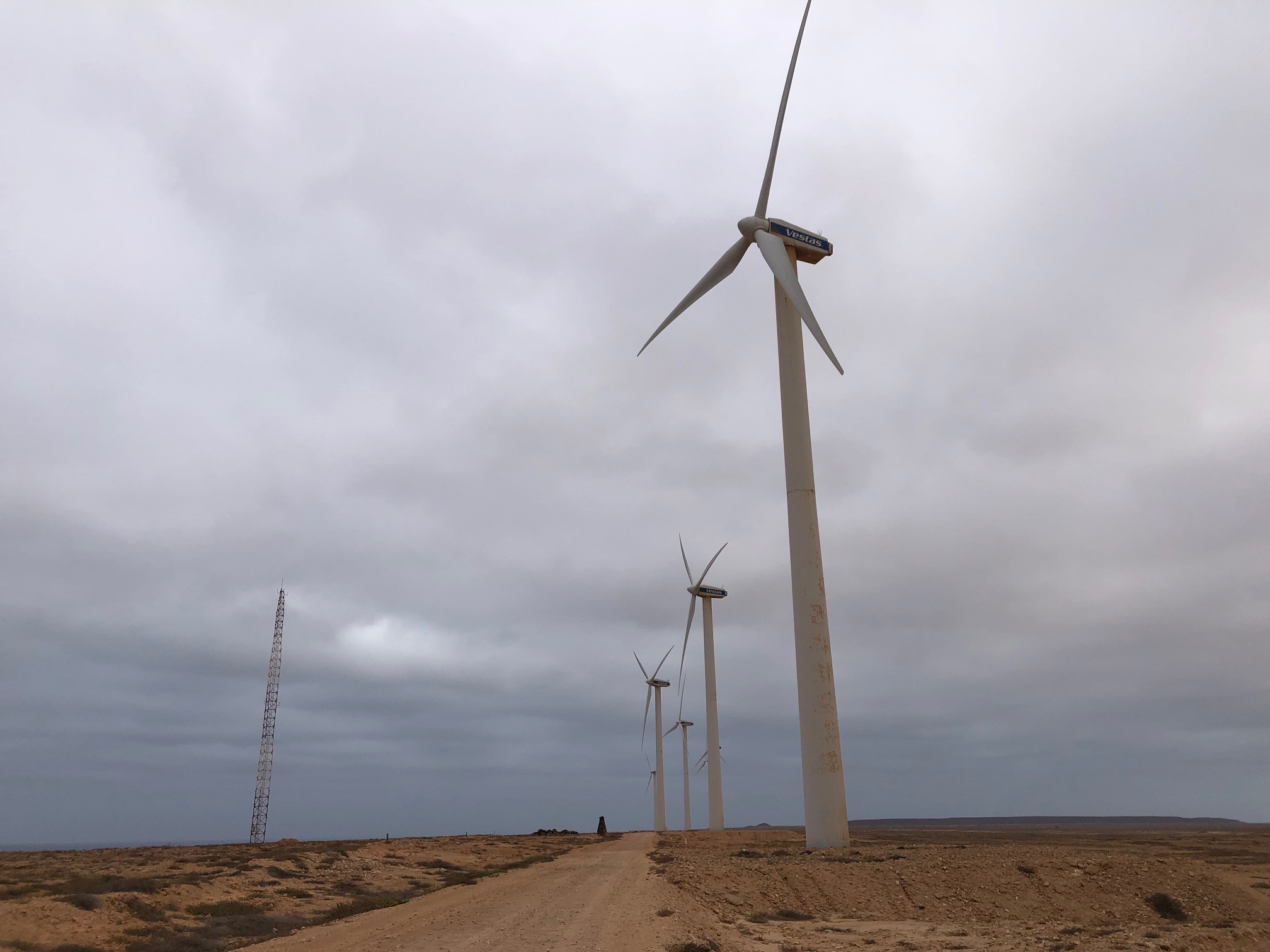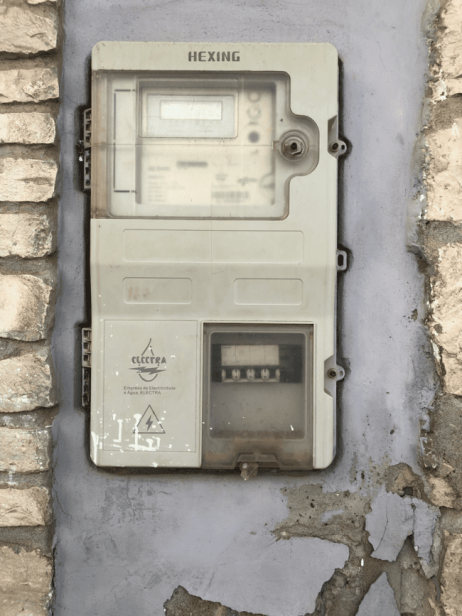Following the recent Forum on China-Africa Cooperation (FOCAC) summit in Beijing, China has pledged a donation of $28 million to Cabo Verde, an African island nation located 570 kilometers (350 mi) off the coast of Senegal. This move raises questions about China’s intentions in Cabo Verde and its broader strategy in Africa, as well as the implications for Western countries.
A Longstanding Relationship
China has been increasingly involved in Cabo Verde since the early 2010s, despite the country’s small size and population of under 600,000. Cabo Verde, historically known for its role in the trans-Atlantic slave trade, relies heavily on imports due to limited domestic manufacturing capabilities.
Previous collaborations between China and Cabo Verde have focused on military funding, infrastructure projects, and construction of essential facilities like hospitals, schools, and a university campus. Additionally, there were discussions about establishing a “Sino-Atlantic Bank” on the island, although these plans were eventually abandoned due to transparency concerns.
China has also been involved in housing projects, agricultural exchanges, and influencing consumer habits through the availability of more affordable goods in local shops compared to imported European products. This presence has elicited mixed reactions among Cabo Verdeans, with some viewing it as beneficial and others expressing concerns about low wages and economic implications.
Pro-Chinese graffiti in downtown Praia. Photo by Melanie Shi.
Focus on Eco-Friendly Investments
Recently, China has shifted its approach in Cabo Verde towards ecological investments, particularly in energy and digital infrastructure. This aligns with China’s broader strategy in Africa and the shared interests between China and Cabo Verde in these areas. Cabo Verde aims to achieve 100% sustainable energy by 2030 and seeks China’s assistance in reaching this goal, along with improving renewable energy generation, electrification, and energy storage.
Since Cabo Verde heavily relies on imported energy, with high electricity prices and challenges in rural areas, renewable energy development is crucial. Chinese investments in wind and solar energy projects, such as the Cabeólica wind farms, aim to capitalize on Cabo Verde’s natural resources for sustainable energy production.

A Cabeolica wind farm in Sal, Cabo Verde. Photo by Melanie Shi.
In addition to energy projects, China is also involved in digital infrastructure development in Cabo Verde. Collaborations on safe city systems, data centers, and eGovernment initiatives indicate China’s commitment to enhancing technological capabilities in the country. This includes investments in electric vehicles, with China joining efforts to achieve Cabo Verde’s goal of transitioning to 100% electric vehicles by 2050.

A Hexing electric meter over Electra energy supplier on the main road in Santa Maria, Sal. Photo by Melanie Shi.
EU Competition
Despite Cabo Verde traditionally aligning with the European Union, China’s increasing presence in the country highlights the competition between China and the EU for influence. Infrastructure projects, digital networks, and energy initiatives in Cabo Verde signify the rivalry for dominance in this strategic location.
China’s robust involvement in Cabo Verde’s energy and digital sectors, along with investments in infrastructure and technology, positions it as a significant partner in the country’s development. The U.S. has responded by constructing a modern, environmentally-friendly embassy building, signaling a shift towards sustainable practices in the region.
As China continues to expand its footprint in Cabo Verde through energy and technology projects, it will be essential to monitor the country’s progress in achieving its energy goals and ensure transparency in its partnerships with China to avoid overreliance on Western financing.
